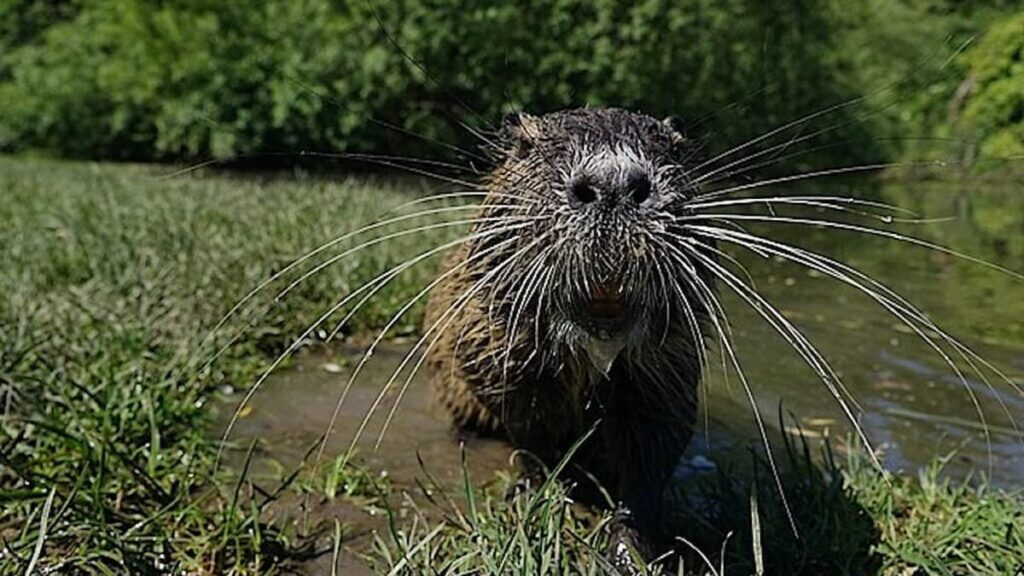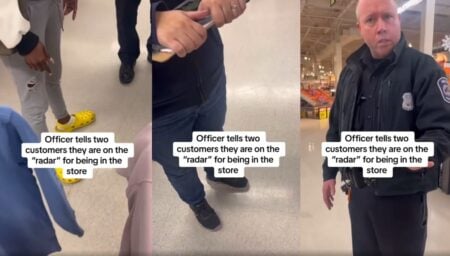The U.S. Fish and Wildlife Service observed Invasive Species Awareness Month in February with an unusual social media post urging us all to kill and eat nutria, an invasive rodent species Beaver-like in appearance, native to South America but now found in 17 U.S. states. Nutria are especially common along the American Gulf Coast like Texas, Louisiana, Mississippi, Alabama, and Florida. Aw, but nutria have such cute two front teeth!
And why would U.S. government officials want us to kill and eat these large and semi-aquatic critters? As mentioned, they’re invasive, and as the U.S. Fish and Wildlife Service explains in its post, they’re pests. They were brought to the U.S. for their fur in the 1940s but escaped captivity and have bred in the wild since then.
According to the Fish and Wildlife Service, they’re known to incessantly munch on and burrow into almost anything they come across which can wreak havoc on farmland, and cause ecological problems like erosion, loss of habitat for other species, and even damage wetlands.
The Fish and Wildlife Service captioned their post, “EAT ME! Please? I’m invasive and delicious” So how does nutria taste? According to the government agency, they’re delicious. They taste like a rabbit, the Service says, with dark meat like turkey. But, the agency adds,
“If your state has nutria, check your local regulations to see the rules for how to hunt, capture, and then ultimately, cook these nuisance critters. Check out the comments below to see a whole list of other delicious invasive species you can feast on.”
A comment on the Wildlife Service’s post pointed out the photo of the nutria they included, “looks so annoyed you brought this idea up.”
The Fish and Wildlife Service backed up their post with a statement from spokesperson Erin Huggins, which read, “Eating invasive species can help protect native wildlife by reducing their numbers and limiting the damage they cause to ecosystems. However, it’s not a complete solution and should be combined with other conservation efforts to effectively control these species.”
We do want to stress, however, that you should check your local rules and regulations before you declare your very own nutria hunting season. A California Department of Fish and Wildlife Spokesperson told The Guardian, “Misidentification is still a huge issue in California, and accidental take of otters or beavers,” when the hunter thought they were nutria, “can have legal implications.”







